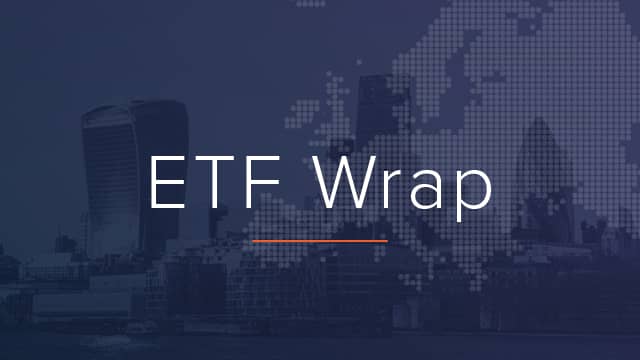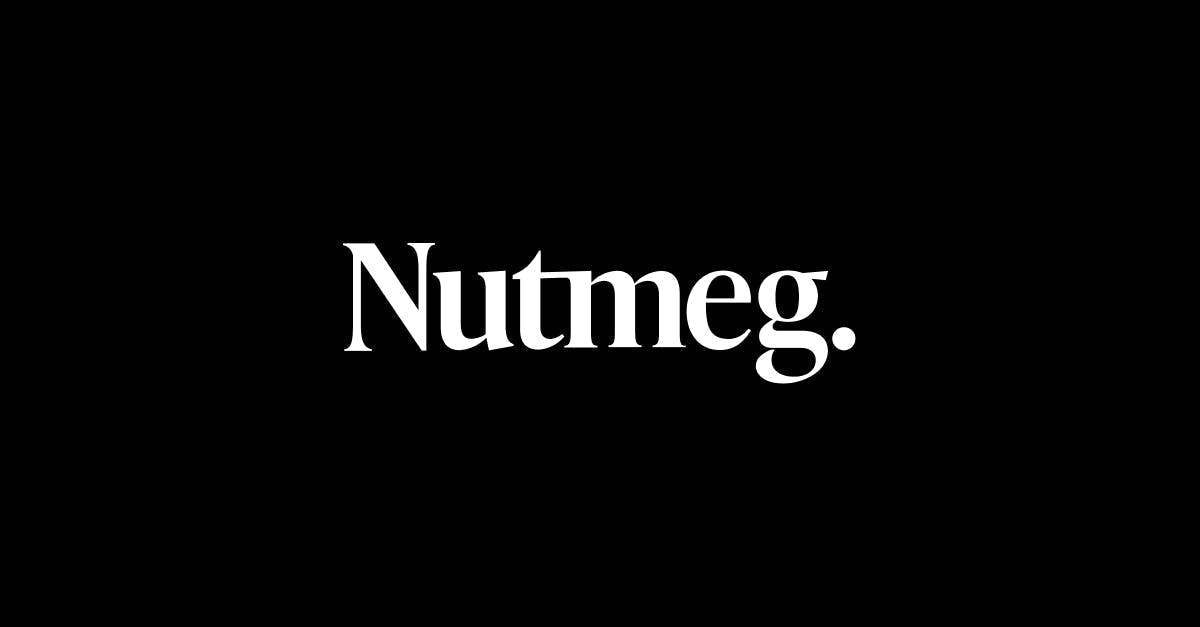In an ironic turn of events, asset managers that have been active in the ESG launch space such as BlackRock are now hurrying to convince Republican states of their non-green credentials, in fear of being boycotted by public pension funds.
On Wednesday, Texas made its latest gambit as one of 16 US states implementing Boycott Acts against firms excluding certain activities from their investment products on ESG grounds.
The most populous Republican state published a list of 10 firms and 348 investment funds to be excluded from state-funded activities on the basis they “boycott energy companies”, are members of the Climate Action 100+ and Glasgow Finance Alliance Net Zero initiatives and have above-average MSCI ESG ratings.
These companies include fund and asset managers with a global presence, such as BlackRock, Credit Suisse, UBS, BNP Paribas, Schroders, Jupiter Fund Management and others.
Texas, Louisiana, South Carolina, Idaho, Minnesota, Utah, Kentucky, West Virginia, Oklahoma and Indiana have now all either filed, enacted or signed bills that require state bodies to either divest from or refuse to contract companies that engage in what they term energy industry boycotts.
In the case of Texas, this means asset managers – and their products – deemed to discriminate against fossil fuels will be excluded from the state’s public pension schemes, which in 2020 were worth $307bn.
Texas Comptroller Glenn Hegar described the ESG movement as “opaque and perverse” and accused issuers of prioritising a “social and political agenda shrouded in secrecy” over their fiduciary duties.
A day later, Florida made a similar move, announcing the $188bn Florida Retirement System would not include ESG considerations, with Florida state governor Ron DeSantis saying ESG policies are “dead on arrival” in the state.
DeSantis added pensions would no longer “implement policies through the board room that Floridians reject at the ballot box”.
Such moves raise several new debates for the ESG discussion. First, should firms be judged on ESG on a company level, or should the merits of individual products be judged instead? BlackRock, for instance, invests more than $100bn in Texas energy and is among the largest stakeholders in ConocoPhilips and Exxon Mobil – so hardly anti-fossil fuels.
There is also the conversation around opportunity cost versus customisation. If BlackRock and others issue ESG products – used by institutional investors and even sovereigns including Norway’s $1.3trn and Japan’s $1.7trn wealth funds – do they do this at the cost of losing the business of anti-ESG sovereigns, or might they work to build customised products that do not exclude sectors of interest for sovereign clients?
The anti-ESG states also remind us of the difference between Europe and the US markets. For instance, the recently-launched Strive US Energy ETF (DRLL) votes to encourage more drilling and fracking activities, amassing $250m in support in its first two weeks but may not have been so popular in Europe.
There is also an interesting point to be made about ballot-box ESG. On some level, it feels wrong to have individuals’ life savings allocated based on partisanship – pro or anti-ESG – rather than personal values, however, states’ investment decisions being based on election results is also as arguably as democratic as a pension fund will ever be.
ETFs, investment platforms and captive audiences
This week the asset management arm of Italian bank Fineco entered the European ETF space with thematic strategies targeting cybersecurity and semiconductors.
The launches are interesting for several reasons; they both carry large total expense ratios (TER) of 1%, while Fineco Asset Management is now the only Italian issuer currently active in ETFs and the launches arrive after the peak of thematic interest between 2020 and 2021.
Fineco also operates its own trading platform. This raises the interesting discussion about trading platforms launching their own products and the extent to which they can steer their existing investor base towards their products – especially high-margin thematics charging 1% fees.
Platform providers with ETFs are not a new phenomenon. Others such as Vanguard are increasingly using their ETFs as cheap building blocks in model portfolios to add volume and assets from captive clients. It will be interesting to see if Fineco will be able to do the same with its new ETF entrants.
No plain sailing for robo-advisers
While some robo-advisers have garnered scale and public awareness, 85% of the 20 standalone robo-advisers and digital wealth managers that existed in 2018 have stopped trading. For those that still do, it has not been an easy journey so far.
While no longer purely ‘robo’, Nutmeg was given a boost when JP Morgan acquired the business, however, it continues to run at a loss with its costs reported to have increased 28% at the time of the acquisition.
Others such as Moneybox have gained a dominant slice of the market, with the UK service building a name by implementing ‘round-ups’ before becoming the nation’s largest provider of Lifetime ISAs, with 800,000 users.
Another success story has been Scalable Capital, which received $180m in funding from Tencent last year and saw its assets under management (AUM) jump from €3bn at the start of 2021 to €10bn today. Interestingly, its success is built on ETFs, with 66% of client assets invested in wrapped products.
ETF Wrap is a weekly digest of the top stories on ETF Stream
Related articles








